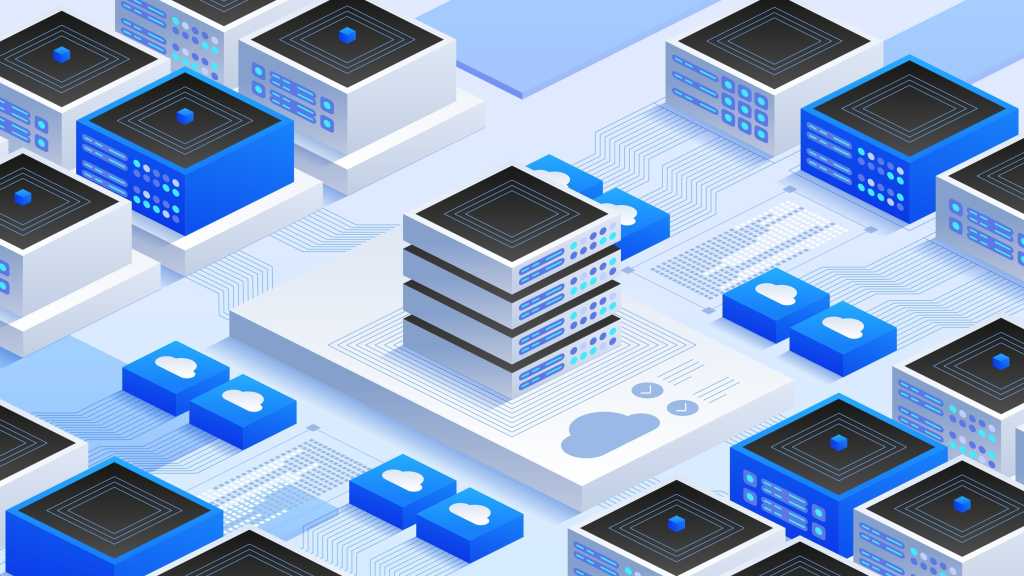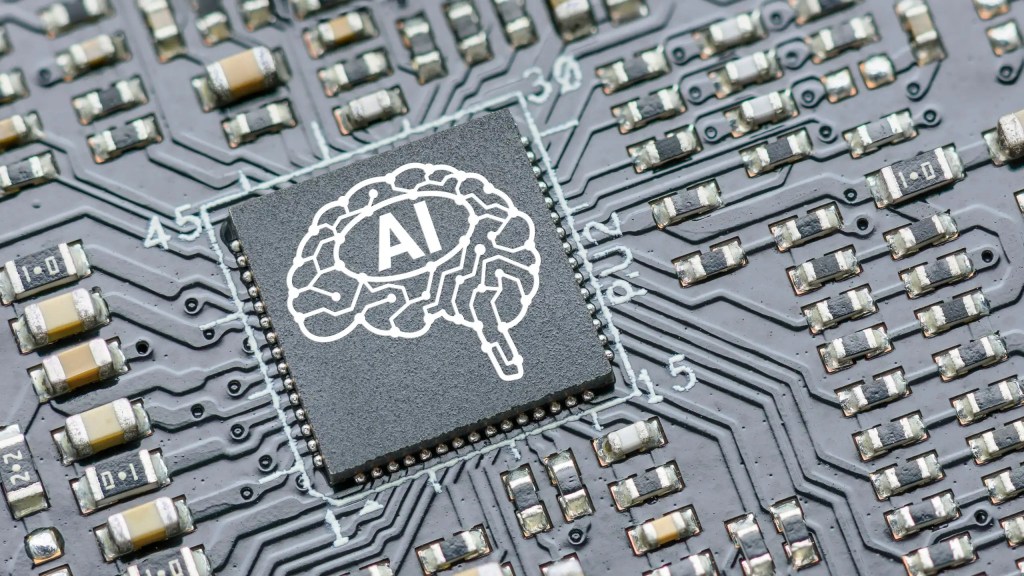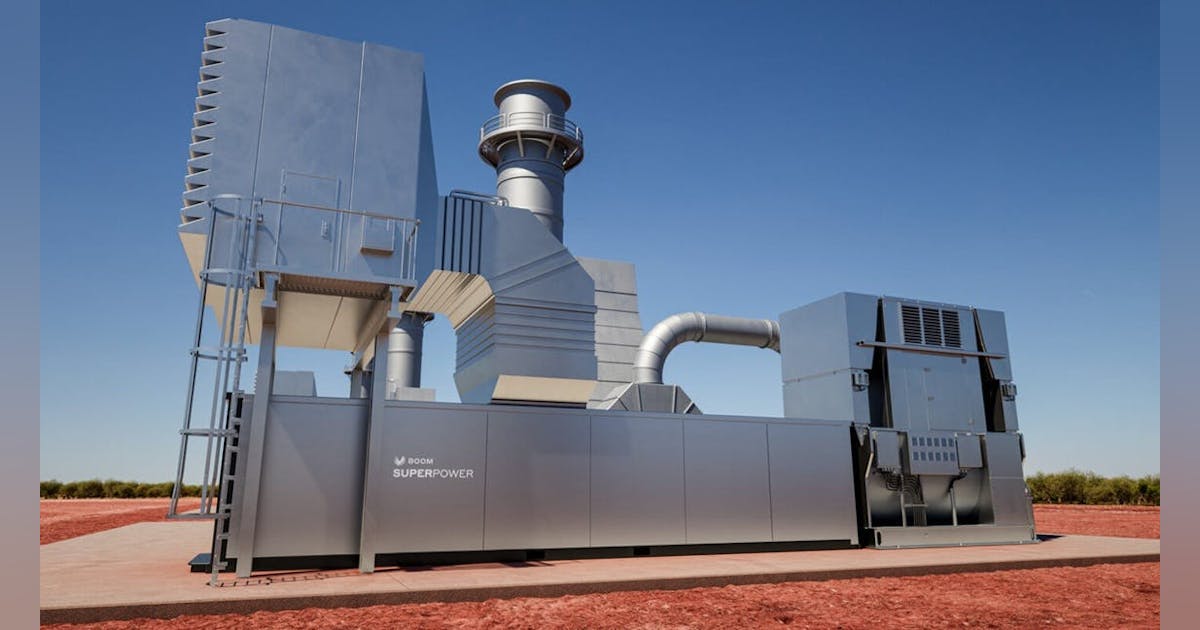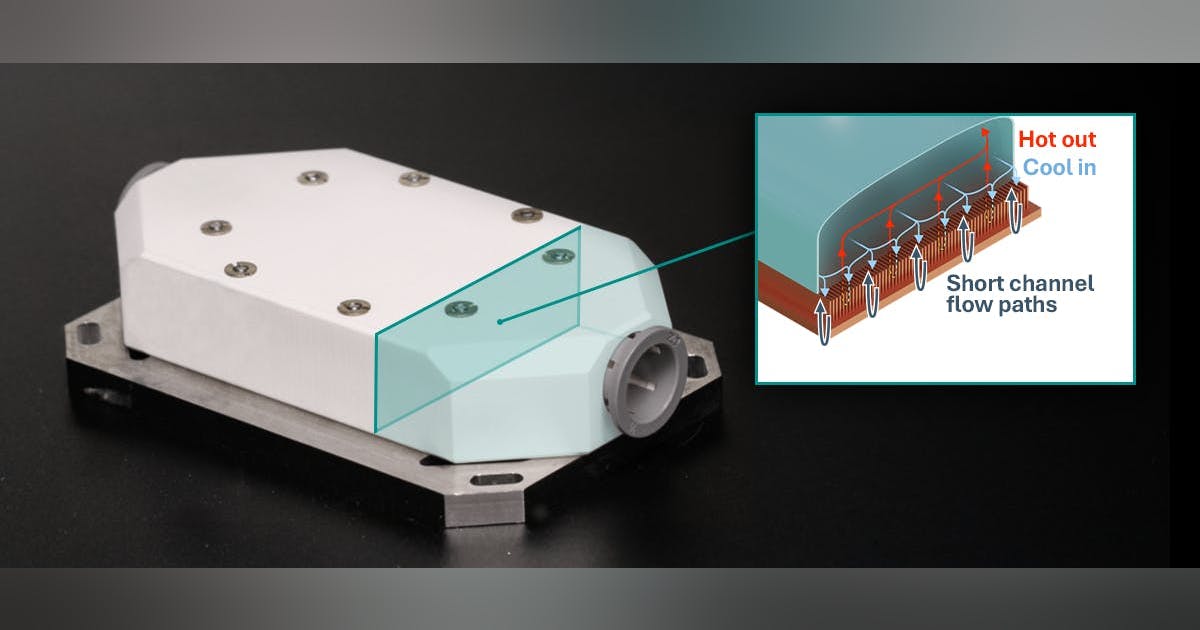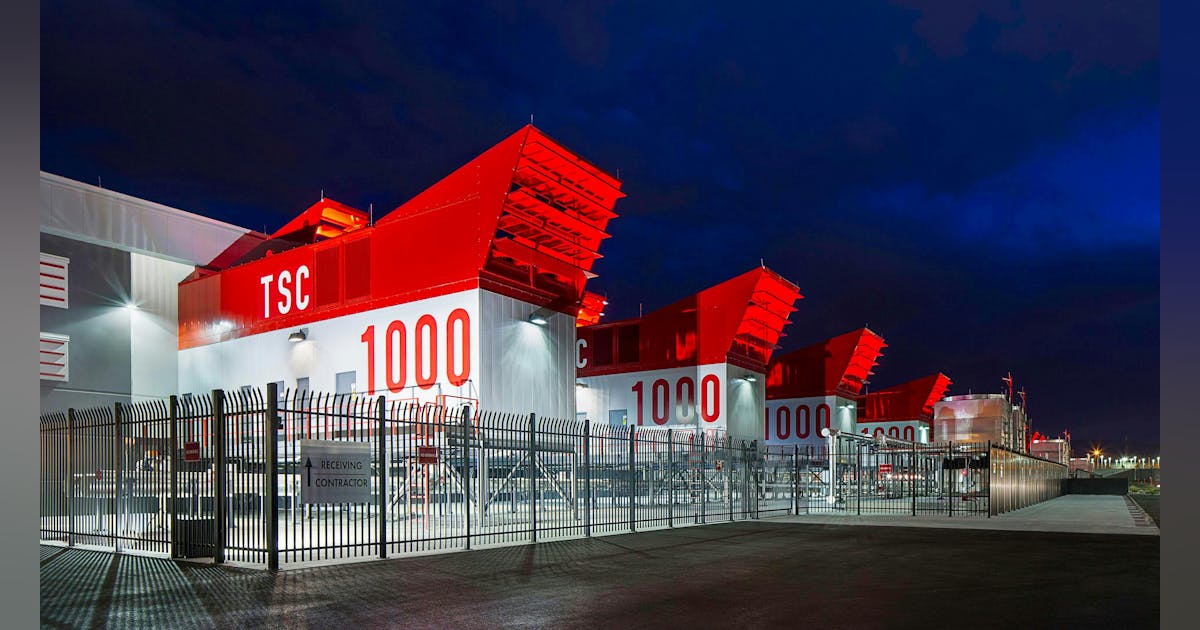
In a world increasingly focused on advanced nuclear technologies and their integration with energy-intensive sectors like data centers, nuclear power could change the way that the world gets its electricity and finally take its place as a clean, renewable, source of power. Evidence of this shift toward nuclear energy and data centers’ role in it came in abundance last year, as the U.S. nuclear energy sector was observed undergoing a sea change with regard to the data center industry.
We saw Microsoft, Constellation, AWS, Talen, and Meta with major data center nuclear energy announcements in the Second Half of 2024. With the surge in nuclear stakes has also come a wave of landmark PPAs representing the “new nuclear” industry’s ascendance. To wit, in the latter half of 2024, the data center industry witnessed significant developments concerning “new nuclear” energy integration, specifically in the area of plans for forthcoming nuclear small modular reactor (SMR) deployments by cloud hyperscalers.
Some of the most notable announcements included:
- Amazon’s Investment in Nuclear Small Modular Reactors (SMRs): October 2024 saw Amazon reveal partnerships with Dominion Energy and X-energy to develop and deploy 5 gigawatts (GW) of nuclear energy, in a bid for future powering of its data centers with carbon-free energy.
- Google’s SMR Pact with Kairos Power: Also in October 2024, Google announced plans to collaborate with Kairos Power to build up to seven SMRs, providing up to 500 megawatts of power. The first unit is expected to come online by 2030, with the entire project slated for completion by 2035.
- Oracle’s Gigawatt-Scale SMR Plans: In September 2024, Oracle announced plans to construct a gigawatt-scale data center powered by three small modular reactors (SMRs). Company Founder and CTO Larry Ellison revealed that building permits for these reactors have been secured, and that the project was currently in its design phase. The company said the initiative aims to meet the escalating energy demands of AI and cloud services while advancing Oracle’s sustainability objectives.
The surge in such data center “new nuclear” agreements has also been exemplified by recent major announcements from key “new nuclear” companies such as Oklo Inc. — seen notably last year furthering data center SMR plans with the likes of Equinix and Wyoming’s Prometheus Hyperscale — and microreactor pioneer NANO Nuclear Energy, representing a move toward a cleaner, greener energy future.
Oklo Aims to Become the ‘Powerhouse ‘of Data Center Nuclear Power
Among the latest announcements between data centers and potential nuclear power providers is the Master Power Agreement between Oklo Inc., the pioneering nuclear technology company building on the established breeder reactor technology demonstrated by the long career of the Experimental Breeder Reactor-II — and now Switch, a provider of AI, cloud and enterprise data centers.
The non-binding deal provides the basis for the construction of 12 gigawatts (GW) of Oklo Aurora powerhouses across the United States by 2044, one of the largest corporate clean power contracts ever. Projections have estimated that by 2030, data centers will require 35 GW of power annually, which indicates that the Oklo Aurora powerhouses would have a significant impact on energy availability, depending on their rate of deployment.
Under the agreement, Oklo will design, build and manage its Aurora powerhouses to provide clean, reliable power to Switch’s facilities. Such sophisticated nuclear reactors, powered by recycled nuclear fuel, are a breakthrough in renewable-energy technology. Through easing clean energy access, and the ability to sell power instead of plants, Oklo’s business model creates a direct route for industries to become nuclear energy users.
Switch has always taken sustainability seriously, with every data center running on 100 percent renewable power since 2016. Yet artificial intelligence and data-intensive services have further complicated the need for reliable, 24-hour power. Rob Roy, Founder and CEO of Switch, remarked:

